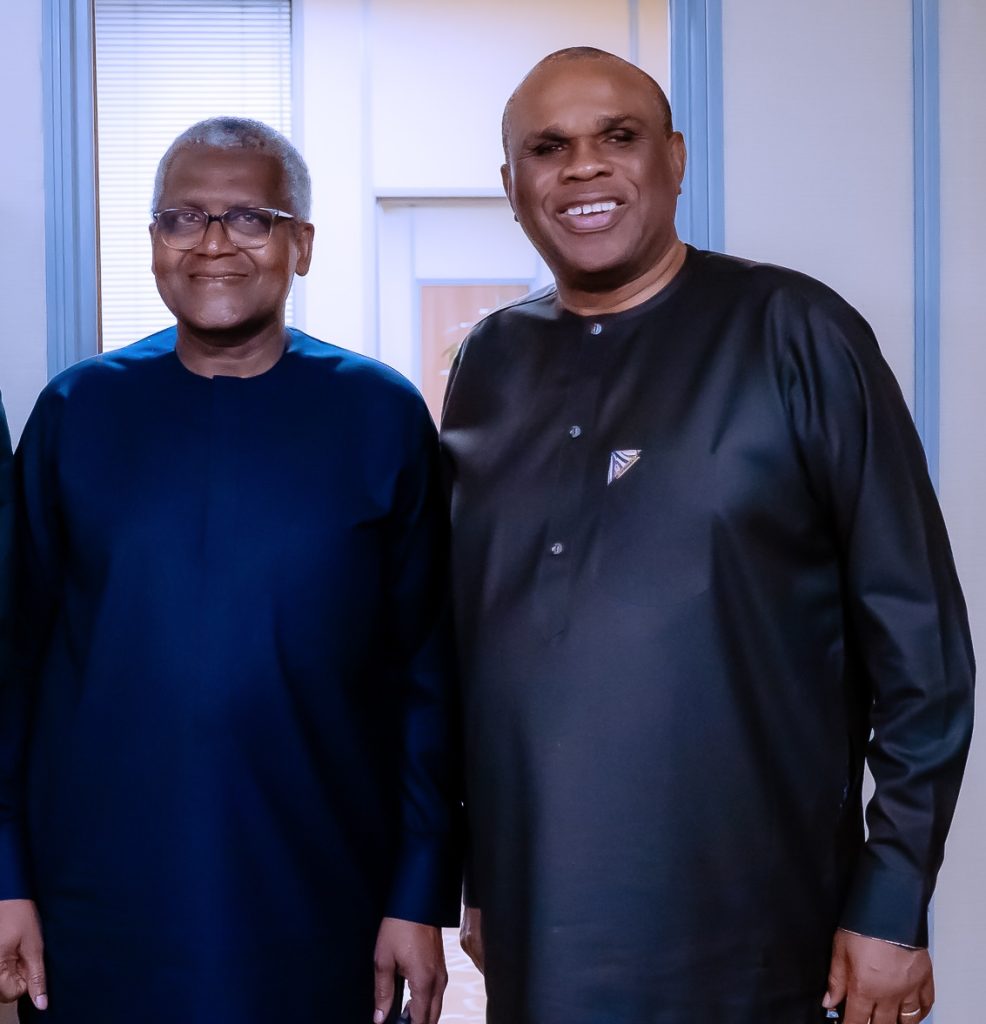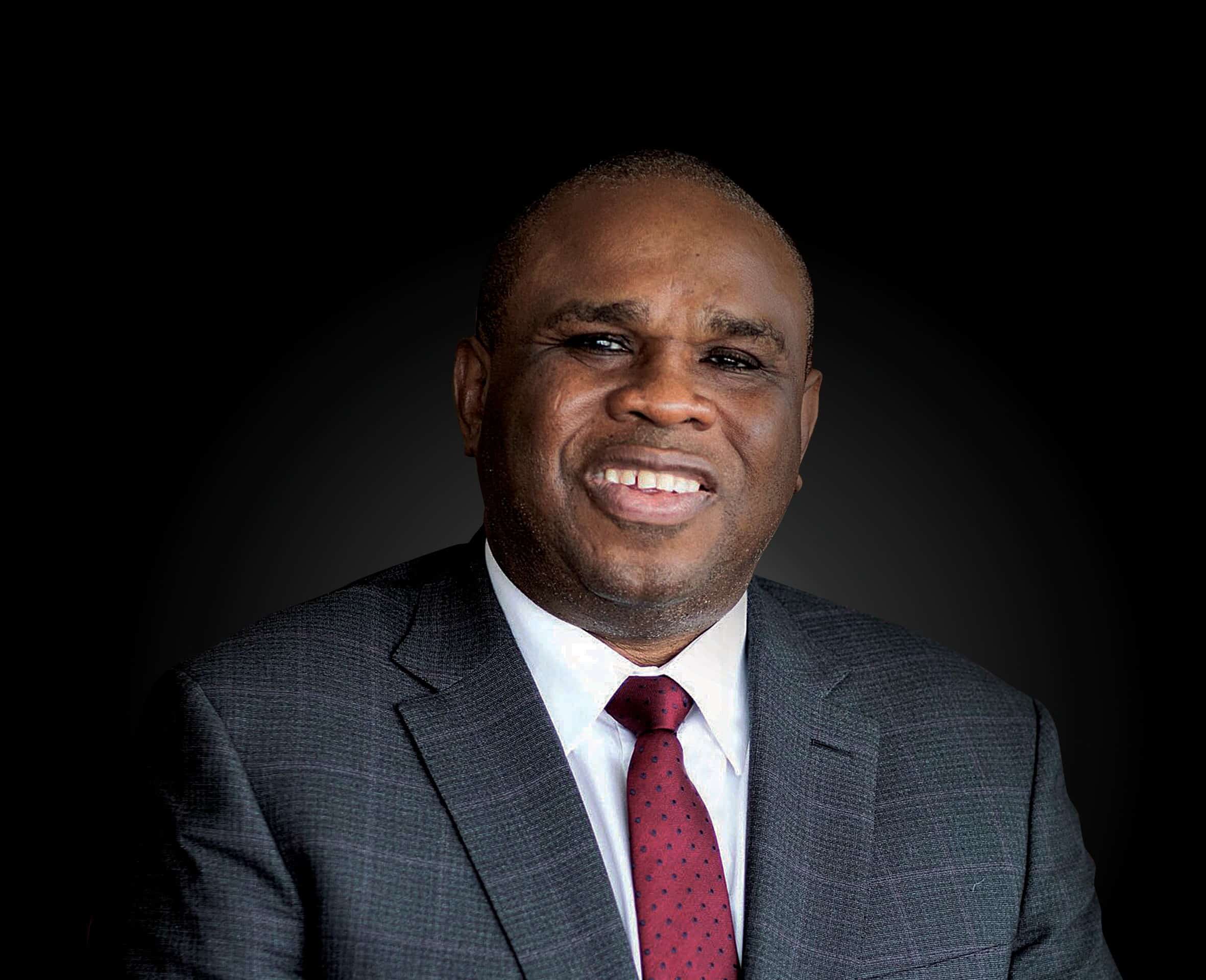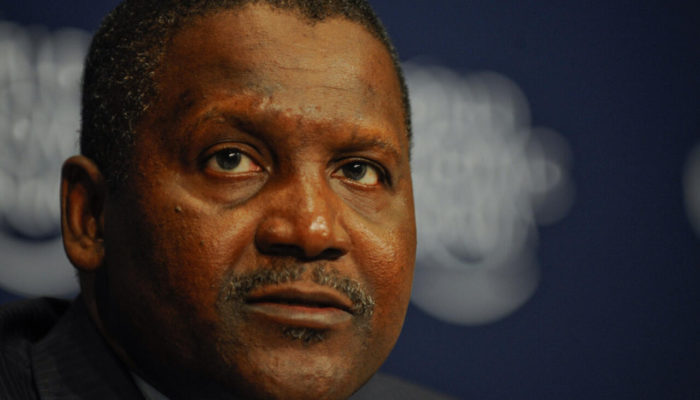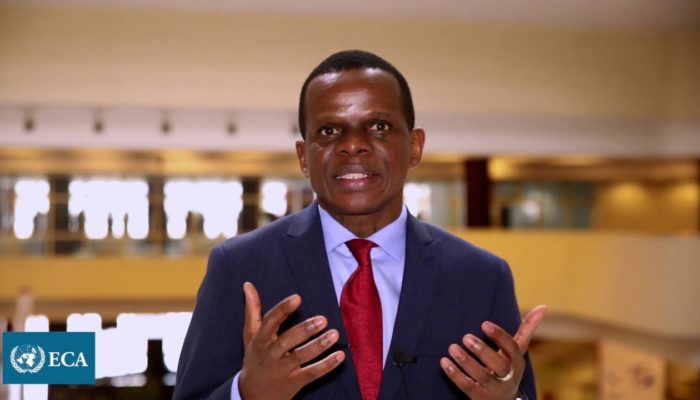In a bold move to stabilize one of Africa’s most strategic industrial assets, Afreximbank has committed $1.35 billion to refinance the debt of the Dangote refinery, part of a $4 billion syndicated package. This landmark deal not only safeguards the future of the world’s largest single-train refinery but also signals a turning point in Africa’s ability to mobilize capital for transformative infrastructure. As regional economies look to reduce fuel import dependency and strengthen trade integration, the partnership between Afreximbank and Dangote Industries marks a defining moment in Africa’s industrial ascent.
On August 4, 2025, the African Export-Import Bank (Afreximbank) announced a $1.35 billion financing facility for Dangote Industries Limited (DIL), part of a broader $4 billion syndicated loan package. This substantial injection of capital is aimed at refinancing the debt tied to the construction of the Dangote oil refinery and petrochemical complex, a project led by Nigerian industrialist Aliko Dangote.
The move comes at a critical juncture for DIL, which has been grappling with liquidity pressures and investor uncertainty. The refinery, despite its strategic importance, has faced financial strain due to $2 billion in senior syndicated debt and $1.65 billion in intra-group loans that are callable on demand. Fitch Ratings withdrew its credit rating for the company earlier this year, citing concerns over transparency and debt servicing capacity.

Operational since February 2024, the Dangote refinery is the largest single-train refinery in the world, with a capacity of 650,000 barrels per day. It is a cornerstone of Africa’s energy strategy, designed to reduce dependence on imported refined petroleum products and enhance regional energy security. The refinancing package is expected to ease financial pressure, restore investor confidence, and ensure the continuity of operations, including crude procurement and product distribution.
Afreximbank’s intervention reflects a growing trend of African institutions stepping up to finance transformative infrastructure projects. Under the leadership of Professor Benedict Oramah, the bank has positioned itself as a key player in mobilizing domestic capital for industrial development. Aliko Dangote, in turn, has emphasized the importance of this support in stabilizing the group’s balance sheet and expanding access to high-quality refined products across the continent.
While the refinery is based in Nigeria, its impact will be felt across Africa. Countries in the Central African Economic and Monetary Community (CEMAC) stand to benefit from reduced fuel import costs, improved supply chains, and increased opportunities for regional trade under the African Continental Free Trade Area. The project also opens doors for local and regional businesses to participate in logistics, distribution, and industrial services linked to the refinery’s operations.
This financing deal signals a new level of maturity in African financial markets. It shows that large-scale, strategic investments can be structured and executed by African institutions, reinforcing the continent’s ability to drive its own industrial transformation. With Afreximbank and Dangote Industries at the helm, Africa is not just building infrastructure—it is building confidence, resilience, and long-term economic power.






